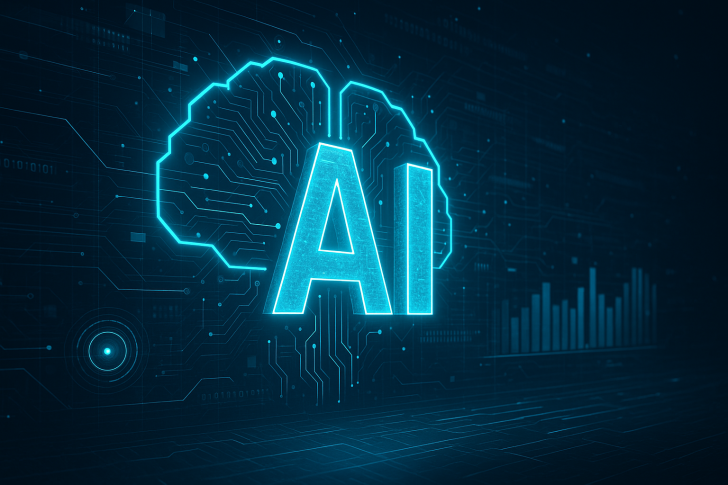The conversation around AI has moved far beyond speculation. We're now watching it actively reshape how businesses operate and how people work. Recently, Nvidia CEO Jensen Huang suggested that artificial intelligence will "probably" make a 4-day work week possible. As automation becomes more sophisticated, this prediction adds fuel to an already heated debate about what the future of work actually looks like.
AI as a Productivity Engine
Huang's thinking is straightforward: AI can make us significantly more efficient. When machines handle the repetitive stuff—data processing, routine analysis, even complex decision support—people can get more done in less time. The idea is that what takes five days now might only need four once AI tools are fully integrated into workflows. If that happens, the standard Monday-through-Friday schedule could start feeling like a relic.
Why a Shorter Week Appeals to So Many
The 4-day work week isn't just a tech industry fantasy anymore. Countries like the UK, Iceland, and Japan have actually tested it, and the results have been encouraging. Workers report feeling happier and less burned out, while productivity either stays the same or even goes up. With AI acting as a force multiplier, this kind of arrangement might finally be practical at scale—not just a perk for a few lucky companies, but a real option for millions of people.
The potential upsides are clear. People get more time with their families, more space to recharge, and a better shot at actual work-life balance. Productivity doesn't have to suffer because AI handles more of the load. Companies that embrace shorter schedules could also become magnets for top talent, especially as younger workers increasingly value flexibility over traditional perks.
But there are real obstacles too. Not every industry can easily shift to fewer days—hospitals, manufacturing plants, and customer service operations all have different constraints. There's also the uncomfortable reality that while AI boosts efficiency, it can also replace jobs entirely. And then there's the policy side: labor laws, benefits structures, and workplace norms weren't built with a 4-day week in mind. Adapting all of that will take time and effort.
Nvidia's Role in the AI Shift
Nvidia sits at the center of all this. The company's GPUs power the machine learning systems, data centers, and generative AI platforms driving today's breakthroughs. Huang isn't just speculating—he's speaking from a position of deep involvement in the technology making these changes possible. His comments reflect both optimism about what AI can do and confidence in Nvidia's role in building that future.
 Saad Ullah
Saad Ullah

 Saad Ullah
Saad Ullah


